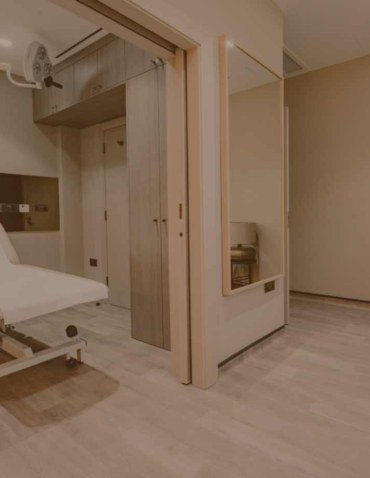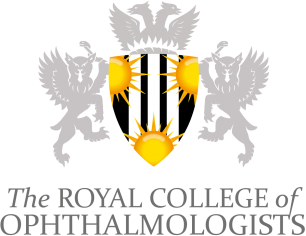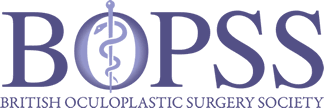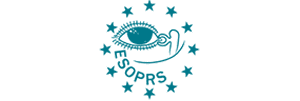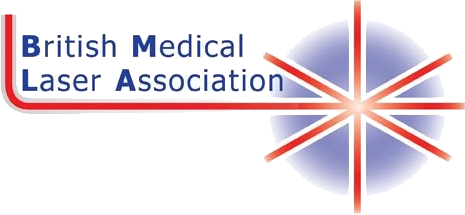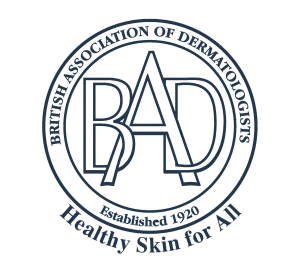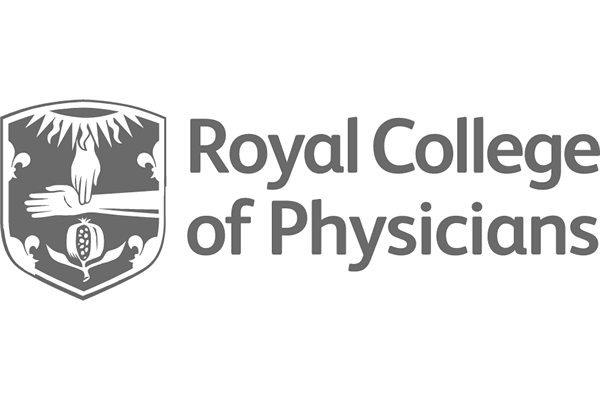Recovery after sedation is much quicker than with general anaesthesia. The same applies for the side effects that can sometimes be experienced, for example nausea and vomiting, headaches, muscle pains, sore throats, which occur far less than with general anaesthetic; in fact with sedation, very few patients experience any side effects at all, making it a hugely popular option for patients.
The recovery time depends on the drugs used, the patient’s individual response to the drugs and the time spent under sedation. The drugs and doses that are used for sedation have a rapid onset and offset and after the administration of the sedative drugs is stopped, recovery is swift and in most cases less than about 30 minutes, which is the time that you will need to remain at our clinic before being allowed to go home with your chaperone. Our specialist anaesthetist will carefully monitor you to ensure that you are fit for discharge. You may remain slightly drowsy for a few hours, but will be given specific written and verbal instructions on what to do by our expert clinical team.
